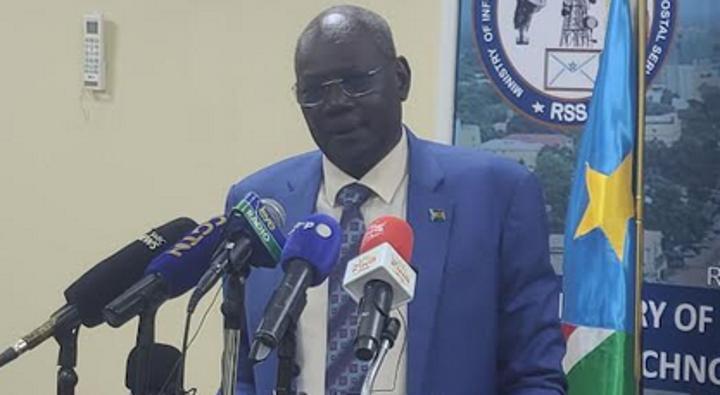Africa-Press – South-Sudan. The arbitration proceedings between the Government of South Sudan and Vivacell, a Lebanese telecommunications company, have officially concluded with the International Chamber of Commerce (ICC) reducing the compensation owed by South Sudan from $2.9 billion to $48.5 million.
The dispute started in March 2018, when the South Sudanese government suspended Vivacell mobile network operations. Authorities accused the company of operating without a valid license and demanded $66 million in unpaid license fees and taxes.
Vivacell, owned by Lebanon’s Fattouch Investment Group, had been operating under a license obtained from Khartoum before South Sudan’s independence in July 2011. The company maintained that the license was still valid and claimed it had been granted tax exemptions by the South Sudanese authorities.
In response to the suspension, Vivacell filed a case with the ICC, alleging unlawful termination of its license agreement. In November 2022, the ICC ruled in favor of Vivacell, holding South Sudan liable for breach of contract. The ruling was later upheld by the Swiss Federal Supreme Court in August 2023, ordering the government to pay $2.9 billion in damages.
The South Sudanese government responded by allocating over $4 million to fund legal efforts to contest the ruling.
Speaking at a press conference on Monday, Information Minister Michael Makuei announced the outcome of the case, confirming that the ICC had reduced the compensation to $48.5 million. He praised the country’s legal team for their commitment and resilience throughout the legal battle, describing the outcome as a significant victory for South Sudan.
“Ladies and gentlemen, the main objective of calling you today (Monday) is to inform you that the Vivacell case is over. And as of today, we will not be talking about the Vivacell case any longer, but we will be talking about other issues,” he said. “The team of lawyers worked in silence. Those of you who work in silence, this is our team that worked in silence in collaboration with a British legal firm.”
“The lawyers have been working together with sacrifices and sometimes paying their own money to attend a sitting somewhere, and these are the people whom we should appreciate. We have not yet paid them up now, but they decided to continue with their work,” Minister Makuei added.
When questioned about how South Sudan plans to pay the substantial financial award in the Vivacell arbitration case amid its struggling economy, Makuei stated that the government intends to carry out what he termed a “set-off” to account for the losses the country allegedly incurred while the telecom company operated with an expired license.
“We will make a set-off. This is very important, and that is why we are here today to declare that the Vivacell arbitration process has concluded,” he explained. “What remains are minor administrative matters that will be addressed during the implementation of the award.”
However, the announcement sparked criticism from civil society leaders who questioned both the process and the government’s handling of the case.
Ter Manyang, Executive Director of the Center for Peace and Advocacy (CPA), sharply criticized the Minister Makuei for what he described as reckless and emotionally-driven decision-making.
“As a human rights activist, I am deeply concerned about the outcome of this case, which saw the claim drop from $2.9 billion to 48.5 million. This dramatic reduction suggests the case may have been influenced by the emotional reactions of senior government officials, particularly Hon. Michael Makuei himself,” Manyang charged. “He (Makuei) should be examined by the National Parliament, that is, if we had a functioning one. The $2.9 billion claim was the result of his emotional response, regardless of the consequences for the country.”
Manyang expressed skepticism over the minister’s remarks and their implications for transparency and governance.
“I am curious about the reasoning behind the minister’s statements. This situation does not serve the national interest. It is troubling that a senior official who contributed to the problem appears to be minimizing its seriousness in public. I strongly urge a thorough investigation into his role so the public can understand the full context of the court proceedings,” he said. “We may see more legal challenges in the future if such emotional responses to national issues continue. Some officials clearly need training in emotional intelligence to make more rational and informed decisions.”
For More News And Analysis About South-Sudan Follow Africa-Press






